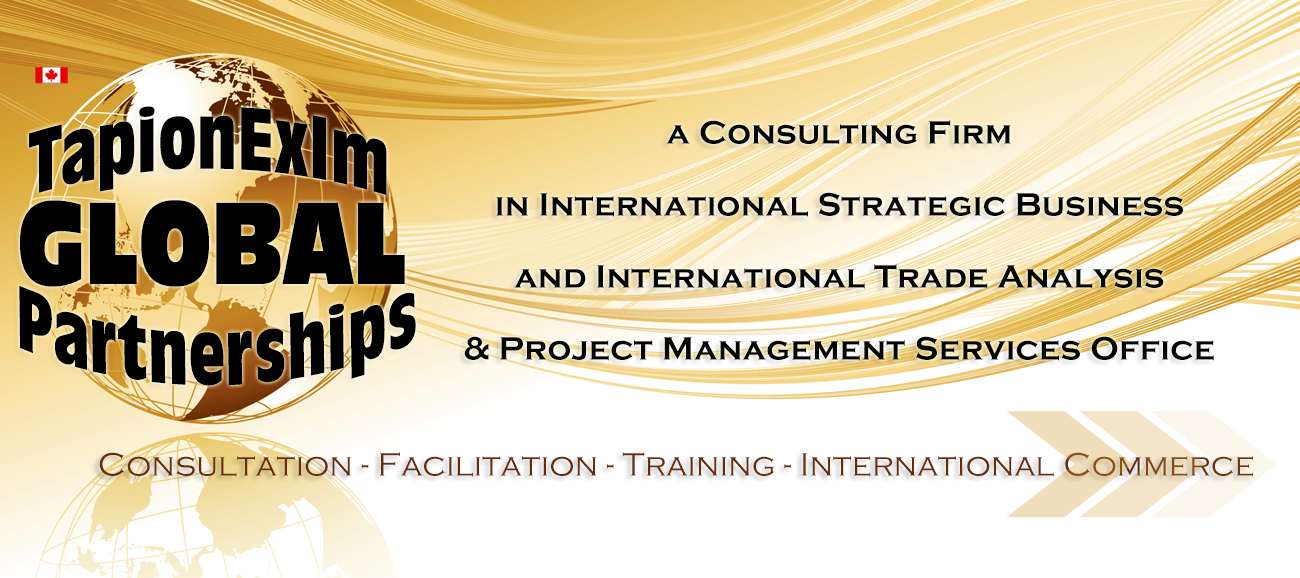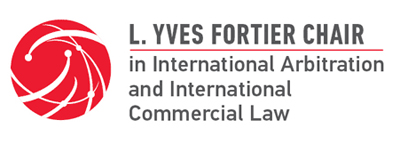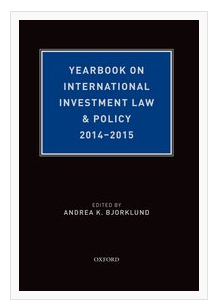
Arbitration and Dispute Resolution
Issues might often be seen as “unresolvable”. Should you be in that situaion, this section of our website will hopefully guide you in finding a solution. We provide several links that we highly value for the quality of their information. We will not stress enough however that if you are looking for a solution to an existing conflict, talking to us should be your next step. The complexity of International Law and treaty cannot be underestimated and seeking professional guidance will definitely save you money, time and stressful moments overtime.
ARBITRATION
The Chair’s researches focus on international dispute resolution, especially arbitration, on the how does it work and how can it be made better.
Refering to their latest publication “Yearbook on International Investment Law and Policy 2014-2015”, you will see a focus on different themes.
Several themes emerge in this 2014-2015 edition of the Yearbook. The first is a notable focus on country and region-specific developments. Different articles focus on key developments in such countries as Australia, Brazil, China, Ghana, India, Indonesia, Russia, and South Africa. Others focus on regional innovations, in particular in Latin America. A second area of attention is reform, and proposals for reform, in investor-state dispute settlement and in investment law generally. The third theme is the continued concern about states’ regulatory autonomy and the importance of their retaining ability to protect the interests of their nationals. A fourth theme concerns the continued contribution that investment arbitration makes to the development of international law, and the influence that it is starting to have on other areas of law, whether that is as a source of inspiration in the interpretation of other norms or as a source of potentially powerful persuasive authority given the “teeth” that investment law has with respect to enforcement.
Included are the winning memorials of the FDI Moot for both 2014 and 2015. In 2014 a team from the University of Ottawa submitted the winning claimant’s memorial, while students from Harvard Law School submitted the winning respondent’s memorial. In 2015, Harvard repeated its stellar performance, again winning best respondent’s memorial. The winning claimant’s memorial in 2015 was submitted by students from the National and Kapodistrian University of Athens. These excellent memorials reveal once again the growing interest of students in international investment law and demonstrate a striving for excellence and an enthusiasm for grappling with intellectually challenging issues.
RESOURCES OF INTEREST IN REGARDS TO ARBITRATION
ICC International Court of Arbitration-The Canadian Chamber of Commerce
L’arbitrage de la CCI Canada-La Chambre de Commerce du Canada
World Trade Organization – Dispute Settlement
Organisation du Commerce Règlement des différends
Chambre de Conciliation et d’Arbitrage d’Haïti


